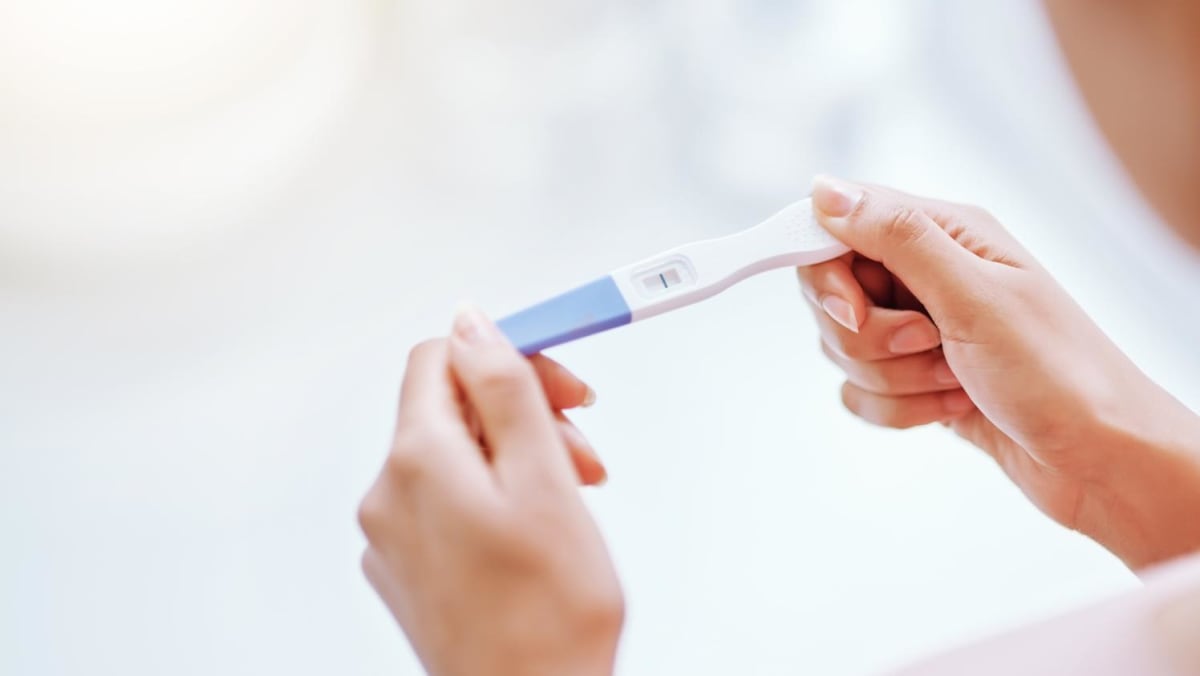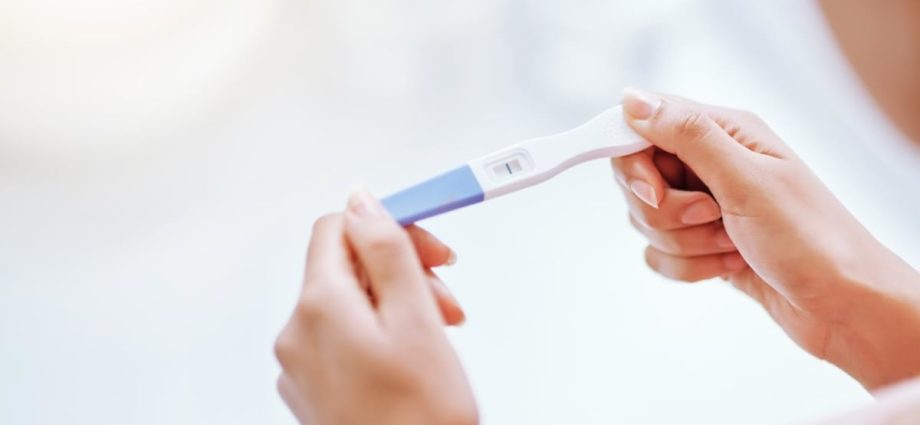
Often, there may be tell-tale signs in women who face complex infertility issues, said Dr Agarwal.
For example, if your menstrual cycle extends beyond the average 28 to 30 days, if the bleeding is so heavy that you need to change your sanitary napkin every two hours or less, or if you experience severe pain during your period or while having sex, you may have endometriosis or polycystic ovary syndrome.
Endometriosis is a condition where uterine tissue grows outside the uterus, while polycystic ovary syndrome is a hormonal disorder that affects egg development and release. Both gynaecological conditions have an impact on fertility.
Dr Agarwal added that some women, in addition to having either of these conditions, may also have blocked fallopian tubes, cysts in their ovaries, or problems with their uterine lining. All of which make getting pregnant even more challenging.
Some of these issues, such as cysts and blocked tubes, may not have noticeable signs or symptoms as they are usually painless. They happen beyond the woman’s control, and she only finds out when she visits her gynaecologist for an assessment after having trouble getting pregnant.

